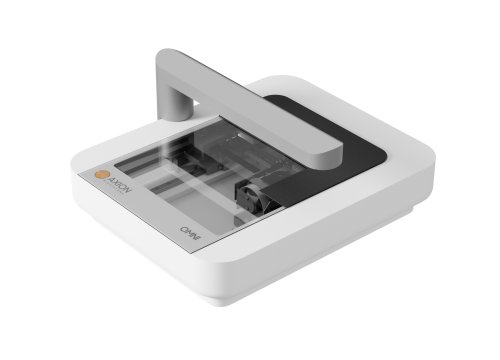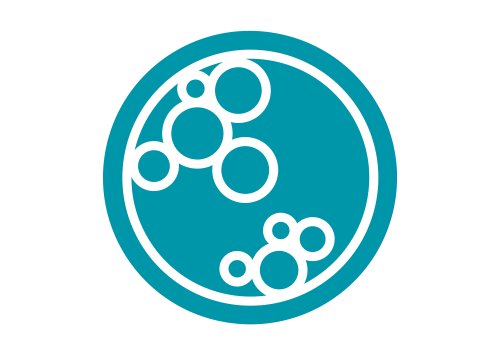Authors: Yohan Walter, Anne Hubbard, Allie Benoit, Erika Jank, Olivia Salas, Destiny Jordan and Andrew Ekpenyong
Biomedicines, 26 July 2022
Glioblastoma (GBM) is a highly malignant primary brain tumor, which shows high resistance to radiation therapy and chemotherapy. In this study, the potential of radioimmunotherapy (RIT) was investigated, which aims to combine immunotherapeutic agents with a combination of chemotherapy and radiotherapy. Here, the authors developed an in vitro assay for the rapid evaluation of RIT. The Axion BioSystems Omni was used to observe cell migration in the first 20-40 hours post-treatment and measure cell survival after 21 days using the clonogenic assay module. The results show that T98G and U87 GBM cells migrated significantly more than untreated cells. Addition of the immune-modulating chemotherapeutic agent (temozolomide) or immune checkpoint inhibitor (durvalumab) did not affect cell survival 21 days post-treatment. Moreover, addition of durvalumab decreases the migratory effect, suggesting its potential strength against local invasion.

